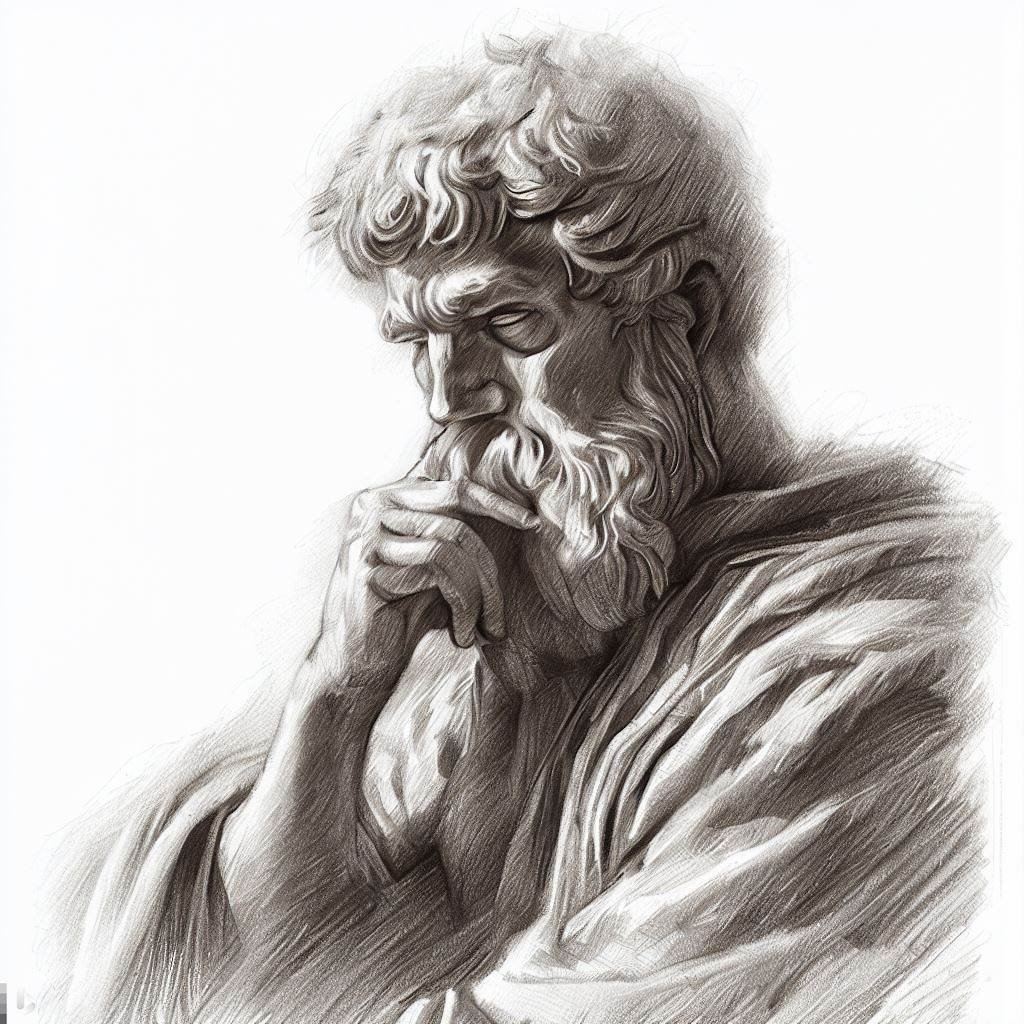Essays

Accept the tradeoffs
An essential aspect of decision-making is understanding that a clear “best” decision rarely exists. Sometimes, they do. The rare unicorn where the right choice jumps out in front of you. But decisions become more challenging and unclear when reaching for something beyond our skills and abilities.

Learning well
“Believe nothing just because a so-called wise person said it. Only believe what you yourself test and judge to be true.” – Buddha
Siddartha Guatama memorialized this wisdom sometime during the 6th or 5th century BCE. While profound, applying that mantra in an information-saturated world is challenging. To learn well requires trust in others to “test and judge to be true.” Rather than simply judging, we’re tasked with synthesizing vast amounts of information to distinguish truth from lies and fantasy from reality.

The mental game.
We experience life through our senses and interact within the physical, mental, and spiritual world. All three areas require dedication and focus to preserve and strengthen. But how do we develop our mental capacity to process good and bad experiences without losing resilience but gaining more?

Pay attention to details.
Details are those specific bits of important information that, if noticed, can make our lives easier. These can include people or facts we come across daily in our lives. In many cases, the details we need to discover provide critical evidence that leads us to sound decisions. The challenge is knowing what to pay attention to and what to ignore. We don’t know what we don’t know, and we don’t know what we don’t notice.

Prioritize health
When asked to prioritize their values, people often rank health in the top 3 and many times the top priority. A healthy mind, body, and spirit influence other areas of your life. When one or more of those are unhealthy, or worse, in a state of decline, the different areas of your life also suffer. Building healthy habits takes time and resources, but the benefits exponentially exceed the initial inputs.

Think like a beginner.
Picture yourself sitting on a comfortable couch, focused on a child attempting to take their first steps. You’re doing nothing more than observing what’s going on, not participating in the effort. The child can pull themselves up to a standing position, but their ability to balance, shift their weight, and take steps is slightly beyond their capacity. Nonetheless, they continue to try, fall, pull themselves up, and try again.

Worry about yourself.
We’re relatively unrestricted in our choices, short of negatively impacting others. Rules disincentivize behaviors the culture deems wrong or incongruent with a healthy and happy population. Aside from those, we are responsible for taking ownership of our choices and the outcomes those choices bring.

Don’t quit.
The visions and designs for our future routinely occur in a comfortable place, when we’re well rested and most, if not all, of our needs are met. We’re content with where we are but feel that there’s more to do and accomplish. A spark of motivation and self-confidence to become a better version of ourselves or experience more of what life offers.

The power of awareness.
Consider the idea that we influence the world we inhabit. What I mean by “inhabit” is the environment or space we occupy physically, mentally, and spiritually. We have choices in our physical world with where we live, whom we associate with, the material things that attract our attention or possess, and so on. Our mental space is comprised of inputs provided internally and externally. Much of our internal thoughts are influenced by what we choose to see, read, or hear. We may be spiritually guided by an internal compass or follow a given religious or philosophical ideology, manifested internally or influenced by the outside world. The challenge with living a full life is to recognize your role, where you are, how you got there, and what you allow to provide your sense of what is true and what isn’t. We are equally the architect of our domain as we are prisoners to it.

Finding allies.
You are who you spend most of your time with. Stop and think about that. In a tribe, we adapt to those around us to build camaraderie and strengthen the group. We mimic behaviors, language, and attitudes. Over time, we develop and share similar beliefs and gravitate toward others who do the same. Our long-term survival, success, and opportunity to thrive depend on it.

What’s holding you back?
I’ve written about the inner voice that tells us we’re not good enough, we’re going to fail again, and everything else that prevents us from pursuing what is meaningful. Pushing outside our comfort zones triggers feelings of fear and doubt. But we’re still driven toward something we want or believe we want. So how do you overcome those inner demons when they’ve paralyzed your brain into overthinking or an inability to form a coherent thought? You have to dig in and figure out what it is that is holding you back.

Get started.
Planning, timing, and execution require energy, discipline, and focus. But what is rarely discussed is how often we become bogged down in this loop at the expense of getting something or anything accomplished. It’s the adage, don’t let perfect be the enemy of good. Goal achievement, at its core, is moving in a direction that gets to your stated objective. We often waste time and energy planning when we should be taking action to get started.

Why goals?
Some of my earliest memories are thoughts about setting goals. Earning money to buy something I wanted, performing well in sports, or making better grades were all goals I had as a kid. The goals became more involved as I grew older, and I often didn’t accomplish them. That didn’t stop me from setting more audacious and unrealistic goals—the possibility of what could be usually overpowered my perspective on what was realistic.